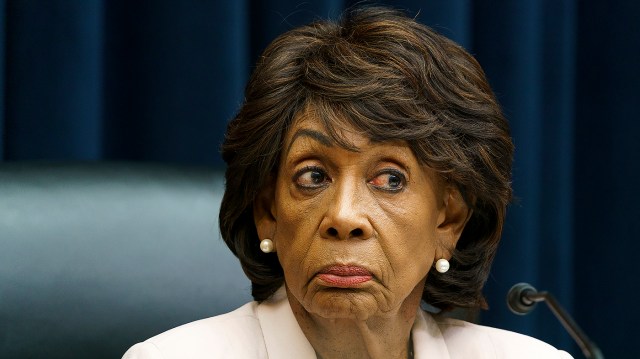Crypto Clash: Waters Moves to Derail Trump-Linked Hearing Amid Digital Currency Tensions

In a bold move signaling growing tensions in cryptocurrency regulation, Rep. Maxine Waters, the influential Democratic leader of the House Financial Services Committee, is preparing to take a stand against an upcoming hearing on cryptocurrency legislation. Her decision stems from deep-seated concerns surrounding President Trump's recent actions and potential implications for financial oversight.
Waters, known for her assertive approach to financial policy, is strategically using her committee position to pause and scrutinize the proposed cryptocurrency legislation. By blocking the scheduled Tuesday hearing, she aims to draw attention to what she perceives as critical governance issues that could impact the broader regulatory landscape of digital currencies.
The move underscores the complex and evolving relationship between emerging financial technologies and political oversight, highlighting the ongoing debate about how cryptocurrencies should be regulated in an increasingly digital economic environment.
While specific details of her objections remain nuanced, Waters' intervention suggests a careful and calculated approach to ensuring comprehensive and responsible cryptocurrency legislation that protects consumer interests and maintains financial system integrity.
